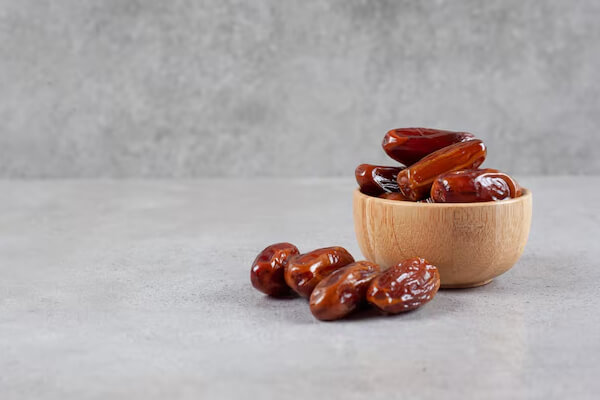Tunisia is internationally recognized for its high-quality dates, especially the famous Deglet Noor variety. The country’s southern oases provide the ideal environment for date palms, combining long, hot summers with minimal rainfall.
Production:
Date farming in Tunisia is a time-honored tradition. The harvest takes place between September and November, with farmers carefully selecting the best fruits to ensure top quality. Many producers are now adopting modern techniques alongside traditional practices to meet both local and international standards.
Trade and Export:
Dates are a key export commodity for Tunisia, shipped to Europe, the Middle East, and beyond. The trading process includes careful sorting, cleaning, and packaging to preserve freshness. Tunisia’s dates are known for their natural sweetness, firmness, and long shelf life, making them highly sought after in global markets.
Local Consumption:
In Tunisia, dates are more than just a fruit—they are part of daily life and culture. They are served during Ramadan, used in traditional desserts, and given as gifts during holidays. Local markets are filled with a variety of dates, showcasing the rich diversity of this crop.
With centuries of cultivation, Tunisia continues to combine tradition with modern agricultural methods, ensuring that its dates remain a symbol of quality, heritage, and international trade.

